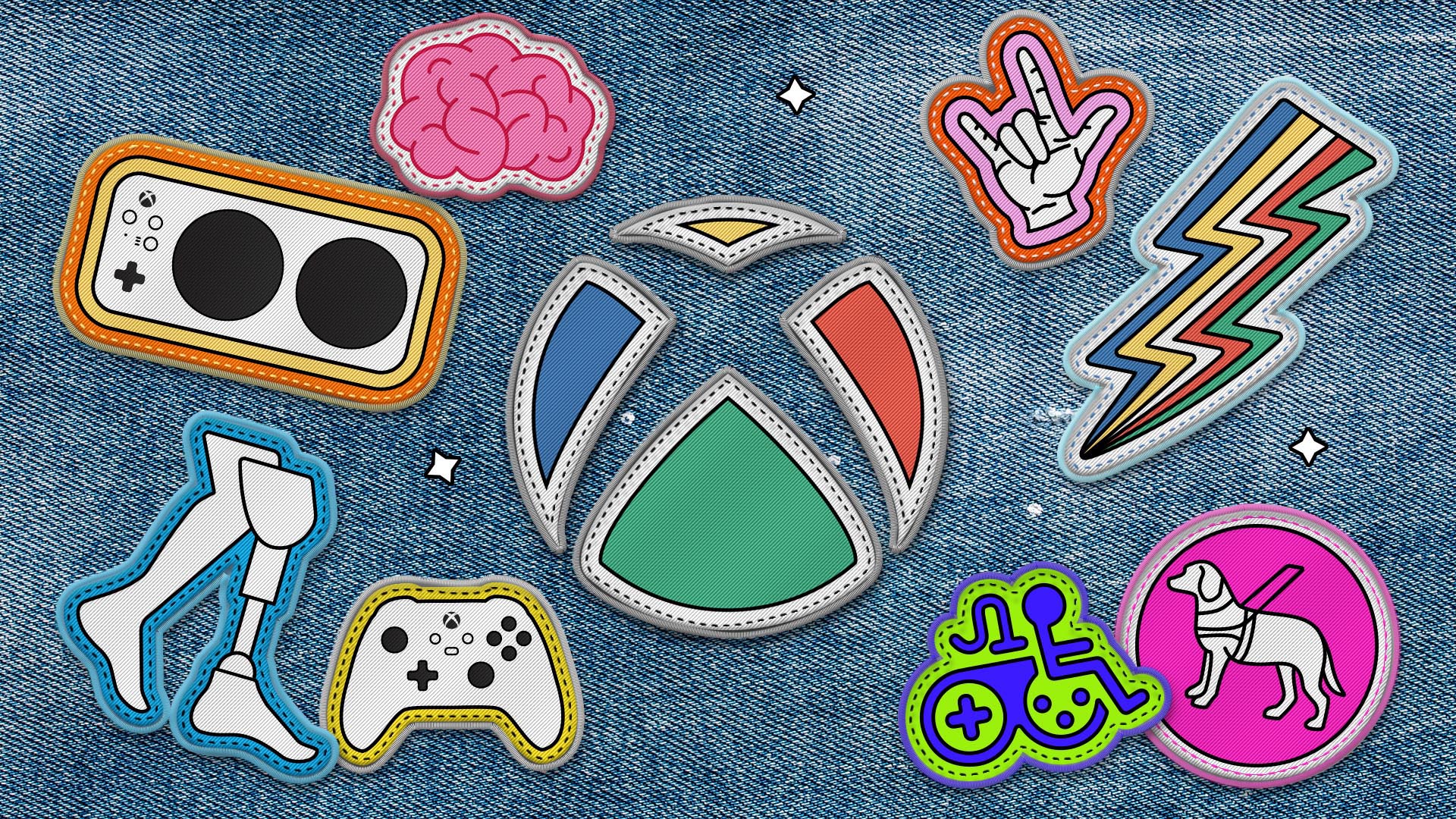Skin Cancer Survival Secrets: 15 Must-Know Facts to Protect Your Skin
Learn key facts about skin cancer types, symptoms, treatments & prevention. Discover expert tips to detect early and boost your chances of survival.

Skin cancer is the most common form of cancer globally, and its rates are rising. While it can be life-threatening, the good news is that early detection and proper care can save lives. This article walks you through everything you need to know about surviving and preventing skin cancer — in plain, accessible language. For those seeking expert diagnosis and treatment, the Best Cancer Hospital in Jaipur offers advanced care and experienced specialists.
1. What is Skin Cancer?
Skin cancer occurs when skin cells grow abnormally, often due to DNA damage from ultraviolet (UV) radiation. This abnormal growth can result in tumors that may be benign (non-cancerous) or malignant (cancerous). If diagnosed early and treated at the Best Hospital in Jaipur, the chances of full recovery significantly improve.
2. Types of Skin Cancer
Skin cancer is classified into several types depending on the cells affected.
a. Basal Cell Carcinoma (BCC)
This is the most common form, often appearing as a pearly or waxy bump on sun-exposed areas like the face or neck. It rarely spreads but can cause disfigurement if not treated early.
b. Squamous Cell Carcinoma (SCC)
SCC originates in the squamous cells and may look like a firm red nodule or a flat lesion with a crusty surface. It can spread if untreated.
c. Melanoma
Though less common, melanoma is the most dangerous. It develops in pigment-producing melanocytes and can quickly spread to other organs.
3. Causes and Risk Factors
Understanding the root causes helps in prevention:
-
Excessive UV exposure from sunlight or tanning beds
-
Fair skin, light hair, and eye color
-
Family or personal history of skin cancer
-
Weakened immune system
-
Moles or atypical skin lesions
-
Exposure to radiation or toxic chemicals
4. Common Symptoms and Early Signs
Catch it early, and survival rates skyrocket.
-
A new mole or growth
-
Changes in an existing mole
-
Sores that don’t heal
-
Itching, bleeding, or crusty lesions
-
Asymmetry, irregular borders, color variation (use the ABCDE rule)
5. How Skin Cancer is Diagnosed
Early diagnosis can be life-saving.
-
Skin examination: By a dermatologist
-
Biopsy: A sample is taken for lab testing
-
Dermatoscopy: Magnified skin imaging
-
Molecular Testing: For advanced melanomas
6. Stages of Skin Cancer
Skin cancer stages range from 0 (in situ) to IV (spread to other organs):
|
Stage |
Description |
|
0 |
Cancer is only in the top layer of skin |
|
I |
Small tumor, no spread |
|
II |
Larger tumor, minor spread |
|
III |
Spread to lymph nodes |
|
IV |
Metastasis to distant organs |
7. Treatment Options Available
Treatment depends on type, stage, and location.
a. Surgery
-
Mohs surgery (layer-by-layer removal)
-
Simple excision
-
Curettage and electrodessication
b. Radiation Therapy
-
For areas difficult to operate on
-
Often used post-surgery
c. Chemotherapy
-
Topical creams for early stages
-
Systemic chemo for advanced cases
d. Immunotherapy
-
Boosts body’s immune system to fight cancer
-
Effective in treating melanoma
8. Natural and Lifestyle-Based Prevention
A few habits can lower your risk drastically:
-
Avoid tanning beds
-
Wear broad-brimmed hats and UV-protection sunglasses
-
Keep infants out of direct sunlight
-
Regularly inspect your skin
9. Importance of Sunscreen and Protective Clothing
Sunscreen isn’t optional—it’s essential.
-
Use broad-spectrum SPF 30+
-
Reapply every 2 hours
-
Look for zinc oxide or titanium dioxide
-
Protective clothing (UPF-rated) is key for long outings
10. Role of Diet and Antioxidants
What you eat plays a role in skin health:
-
Antioxidants like vitamins A, C, and E protect skin cells
-
Omega-3 fatty acids help reduce inflammation
-
Avoid processed foods that promote oxidative stress
11. How Often Should You Get Skin Checks?
-
Self-exam: Monthly with a mirror
-
Dermatologist check: Yearly or every 6 months if high risk
-
Monitor for new or changing moles
12. Living with Skin Cancer – Survivorship Tips
It’s not just about surviving — it’s about thriving.
-
Join support groups
-
Prioritize stress management
-
Stick to follow-up schedules
-
Maintain healthy skin care habits
13. Psychological Effects of Skin Cancer
Skin cancer doesn’t only affect the body.
-
Anxiety, depression, and PTSD are common
-
Counseling or therapy can help
-
Support from family and friends boosts recovery
14. New Advances in Skin Cancer Research
The future looks promising.
-
Targeted therapies like BRAF and MEK inhibitors
-
AI skin scanners for early detection
-
Personalized vaccines in clinical trials
15. When to See a Dermatologist
Don't delay professional help if you notice:
-
Unusual skin changes
-
Persistent sores
-
Family history of skin cancer
-
Chronic sun exposure
Frequently Asked Questions (FAQs)
1. Can skin cancer go away on its own?
No. Even if a lesion seems to disappear, cancer can still be present below the surface. Always seek medical evaluation.
2. Is skin cancer painful?
Not always. Some types may itch or bleed, while others are completely painless.
3. How is melanoma different from other skin cancers?
Melanoma grows deeper and spreads faster than BCC or SCC. It’s also deadlier if not caught early.
4. Can I get skin cancer without sun exposure?
Yes. Though sun is a major factor, genetics and immune suppression can also play a role.
5. Are dark-skinned people at risk?
Yes. While melanin offers some protection, it’s not immunity. Late diagnosis in darker skin can be more dangerous.
6. What’s the survival rate for skin cancer?
It depends on the type and stage. Early-stage BCC and SCC have a 95–99% cure rate. Melanoma detected early has a 99% 5-year survival rate.
Conclusion
Skin cancer doesn’t have to be a death sentence. With early detection, preventive care, and access to the right treatment, survival rates are incredibly high. Stay vigilant, wear sunscreen, and see your dermatologist regularly. These simple steps could save your skin—and your life.
What's Your Reaction?
 Like
0
Like
0
 Dislike
0
Dislike
0
 Love
0
Love
0
 Funny
0
Funny
0
 Angry
0
Angry
0
 Sad
0
Sad
0
 Wow
0
Wow
0






































